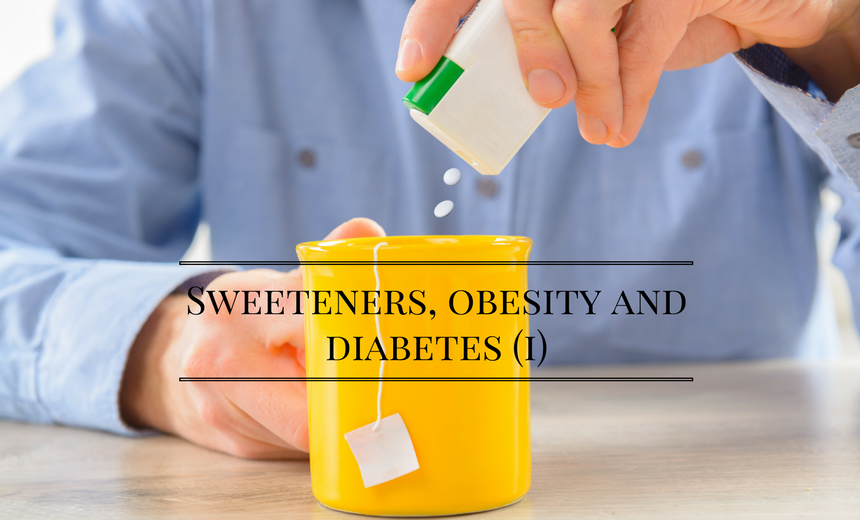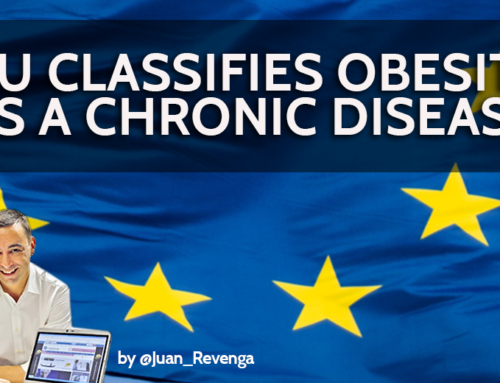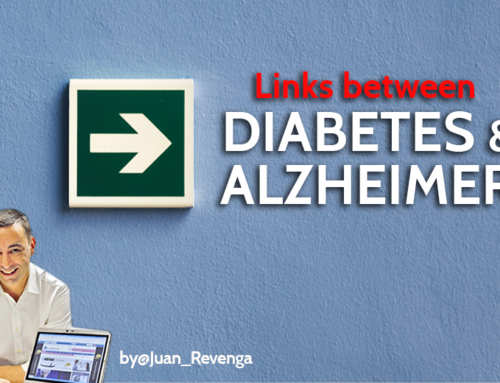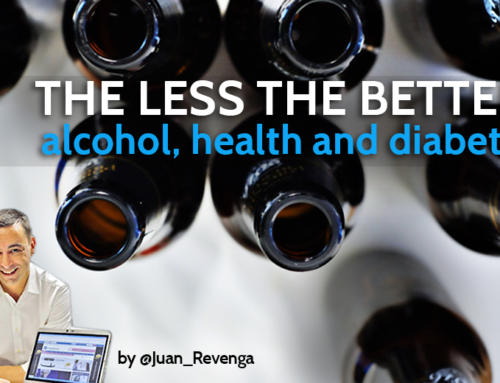Sweeteners, obesity and diabetes (i): the siege narrows
It has been long time ago that sweeteners have postulated as a healthy option instead of sugar. However, up to date, a growing corpse of evidence points that far from an innocuous substitute sweeteners could be rather harmful.
Our biology has an instinctive, atavistic, tendency towards sweet. There are several mechanisms that explains it. To identify sugar in foodstuff, as an important and immediate source of energy is the most basic of them. Back in time, when the worry was survival finding foodstuff and energy was crucial. With this background is rather comprehensive that our nature encourages and rewards the consumption of this type of food sources, sugar enriched, reporting a special pleasant sensation.
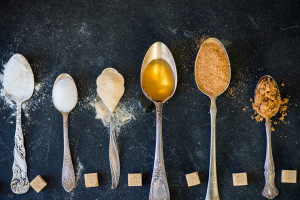
Nevertheless, the setting has changed substantially. First, in our current scenario we don´t have to struggle daily neither for foodstuff nor for sugar, and second, our biology has hardly changed. Therefore, we continue to feel huge stimulus to eat food with these characteristics. Such are the circumstances that something that once was essential for survival today has become a serious public health problem. Nowadays we know that excessive consumption of sugar (short of foodstuff we are predisposed by nature) is a key factor to suffer metabolic disorders, such is obesity and type 2 diabetes. That overconsumption is easy to reach due to everlasting presence of hyper-sugar foodstuff around. This foodstuff is available in many different, they are myriad, they are tasty and they are cheap. Considering sugar issue the surrounding cannot be more hostile regarding our health expectations.
Sweeteners as so-called solution
With these approaches, the replacement of sugar with sweeteners seems to be a good choice. I mean, over the blank paper the advantages are three: 1) Their different chemical nature from sugar would avoid the metabolic effects to raise blood glucose and its effects in different tissues, including adipose. 2.) Sweeteners don´t contribute with calories, therefore the energy balance would be more positive, downward trend, something that would be more appropriate in our overabundance of energy. And 3.) All this without detracting the product quality (to some extent). Using sweeteners, on paper, is all extra-bonus.
- Eating sweet but no caloric products regularly could sabotage the physiological mechanisms that regulate the food intake and, also the energy balance. This chance has been expounded in several studies:
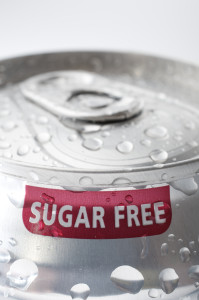 Sweet taste receptor expressed in pancreatic beta-cells activates the calcium and cyclic AMP signaling systems and stimulates insulin secretion It should be noted that it is a study in mice with the limitations that have this type of studies and that to “stimulate” sweet taste receptors in pancreas cells sweeteners were used sucralose (E-955), saccharin (E- 954) and acesulfame-K (E-950).
Sweet taste receptor expressed in pancreatic beta-cells activates the calcium and cyclic AMP signaling systems and stimulates insulin secretion It should be noted that it is a study in mice with the limitations that have this type of studies and that to “stimulate” sweet taste receptors in pancreas cells sweeteners were used sucralose (E-955), saccharin (E- 954) and acesulfame-K (E-950).- Sweet taste receptor signaling in beta cells mediates fructose-induced potentiation of glucose-stimulated insulin secretion. An example in which ratifies the increasingly clear existence of several independent signaling pathways that synergistically and in addition to glucose, can modulate insulin secretion. In this case it would be speaking not of a sweetener in itself, but of fructose, a calorie-rich sugar distributed widely in “diabetic foods” that had been said to have no effect on insulin secretion.
- A novel regulatory function of sweet taste-sensing receptor in adipogenic differentiation of 3T3-L1 cells. Novel sweet taste receptor regulatory function at the time of cell differentiation of 3T3-L1 cells). This article, also made in mice, is especially interesting because of its implications because passing over the pancreas and the possibility that it is stimulated by sweet substances, in addition, identifies this possibility in adipocytes in a way that can modify its “future “. The conclusions confirm that these adipocytes (3T3-L1 cells) have a functional receptor for the sweet taste that could mediate an anti-adipogenesis type response.
- Altered processing of sweet taste in the brain of diet soda drinkers a work done with people suggested that by consistently and abundantly incorporating sweet foods that did not have calories could disrupt the fine regulation system of energy intake Becoming ineffective.
- The relation between the consumption of this type of sweetener and the alterations of the intestinal flora seems to be more and more proved. Alterations that do not have a positive result.
- Splenda alters gut microflora and increases intestinal p-glycoprotein and cytochrome p-450 in male rats. Splenda is a trade name that receives sucralose or sweetener E955, after all, this study in rats showed that the continued use of this sweetener caused a series of alterations that led to a reduction in the population of beneficial intestinal flora.
- Without leaving aside the mice but also with results in people this work Artificial sweeteners induce glucose intolerance by altering the gut microbiota returns to show more forcefully If artificial sweeteners induce changes in reactions linked to metabolic diseases. Results that were replicated in this other estudio or in this other review.
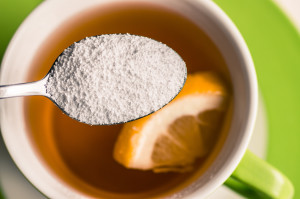 The use of foods with a “healthy” profile from their calorie shortage offers a “halo effect” on the consumer and with this a feeling of indulgence that may make you think that since you are doing “well”, you can To some extent exceed on the other hand. Something like: “If I’m having toast with butter and jam with sweetener, I can prepare three more bread toasts”
The use of foods with a “healthy” profile from their calorie shortage offers a “halo effect” on the consumer and with this a feeling of indulgence that may make you think that since you are doing “well”, you can To some extent exceed on the other hand. Something like: “If I’m having toast with butter and jam with sweetener, I can prepare three more bread toasts”
- Categorization effects in value judgments: averaging bias in evaluating combinations of vices and virtues. Beyond the physiological issues this broad work highlights the way in which we make decisions and how being in front of a food with the image of “healthy” makes us more permissive with others less healthy with results contrary to our interests, despite being convinced to be doing well.
- The sweet taste, even that provided by caloric sweeteners can produce an excessive need to continue looking for these intense flavors that give us so much reward in terms of pleasure, ending up craving to eat more and more.
- Intense sweetness surpasses cocaine reward emphasizes that the reward sensation gained from sweetener consumption may be greater than that obtained even with cocaine, and hence the obsession with eating more and more in the search of those feelings.
CHAPTER 2: Sweeteners and Type 2 Diabetes
Juan Revenga, Dietitian-nutritionist.
Latest posts by Juan Revenga Frauca (see all)
- Obesity recognized as a chronic disease - 13 October, 2021
- Who said you have to eat everything? - 7 October, 2021
- Diabetes and Alzheimer - 29 January, 2021



